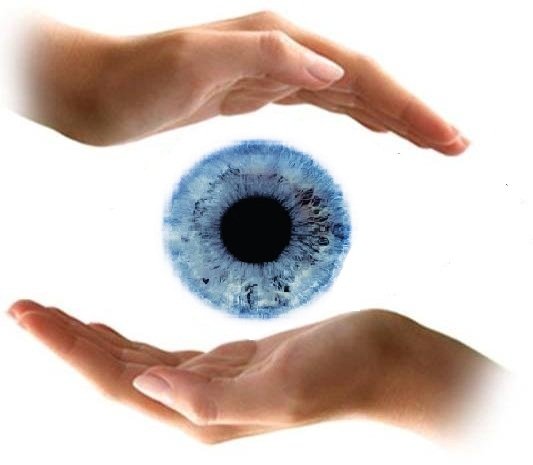All Categories
Featured
We often read about securing our skin from damaging ultraviolet (UV) rays, but did you recognize that UV exposure can also dramatically influence your eye health and wellness? Whether you're outdoors on a warm day and even throughout over cast climate, your eyes are constantly subjected to UV radiation. Prolonged direct exposure can raise the risk of various eye conditions, several of which might result in irreversible vision damage. Comprehending the effects of UV rays on your eyes and just how to secure them is important for keeping long-term eye wellness.
Kinds of UV Rays. UV rays are identified right into 3 types:
UVA Rays: These rays penetrate deep right into the skin and can also impact the internal layers of the eyes. UVB Rays: These rays mostly create damage to the skin's surface however can likewise damage the cornea and lens of the eye. UVC Rays: While these are one of the most unsafe, they are largely soaked up by the Planet's environment and don't get to the surface area. Both UVA and UVB rays are damaging to your eyes, and with time, direct exposure can lead to significant eye conditions.
Short-Term Impacts of UV Direct Exposure. Even brief exposure to extreme UV rays can cause immediate eye damage. A common short-term problem is photokeratitis, often described as "sunburn of the eye." Signs and symptoms of photokeratitis include:
Soreness and irritation. Sensitivity to light. Tearing or watery eyes. A gritty experience, as if something is embeded your eye. While the symptoms of photokeratitis are short-lived and generally resolve within a day or 2, duplicated incidents can have cumulative impacts on your vision.
Long-Term Effects of UV Direct Exposure. Persistent UV direct exposure can add to several major eye conditions, including:
Cataracts: In time, UV rays can cause clouding of the eye's lens, bring about cataracts, one of the leading causes of loss of sight worldwide.
Macular Degeneration: Extended UV exposure can damage the retina, particularly the macula, bring about age-related macular deterioration (AMD), which affects central vision.
Pterygium: Likewise referred to as "web surfer's eye," this condition entails the growth of a fleshy cells on the white component of the eye, which can extend over the cornea and impact vision.
Skin Cancer Around the Eyes: The fragile skin around the eyes is at risk to UV radiation, increasing the risk of skin cancer cells, such as basal cell cancer.
Pinguecula: UV direct exposure can also bring about yellowish down payments on the conjunctiva, which can create irritation and pain.
Just How to Safeguard Your Eyes from UV Rays. Use Sunglasses with UV Protection: Constantly choose sunglasses labeled as obstructing 100% of UVA and UVB rays. Wrap-around styles supply extra protection by blocking UV rays from the sides.

Utilize a Wide-Brimmed Hat: Hats with a vast border can minimize UV direct exposure by up to 50%, supplying added coverage for your eyes and face.
Stay Clear Of Optimal Sun Hours: UV rays are toughest in between 10 a.m. and 4 p.m. Restricting your outdoor activities throughout these hours can aid lessen direct exposure.
Do Not Forget Children: Kid's eyes are much more delicate to UV rays, so guarantee they put on sunglasses and hats when outdoors.
Use UV-Blocking Call Lenses: If you wear calls, ask your eye care carrier regarding UV-blocking lenses for included security.
Stay Protected Year-Round: UV damages isn't restricted to summer season; rays can mirror off surface areas like water, sand, and snow, making eye defense essential all year.
Final thought. Securing your eyes from UV rays is vital to protecting your vision and general eye health and wellness. The impacts of UV exposure might not constantly be prompt, yet they can gather gradually, leading to major conditions. By taking basic precautions like putting on UV-protective sunglasses, restricting direct exposure during peak hours, and regularly seeing an eye treatment expert, you can protect your eyes from the unsafe results of UV radiation. Remember, your eyes are irreplaceable-- take steps to safeguard them today.
Latest Posts
Don’t Miss Exclusive Auto Repair Specials in Chicago at Montclare Auto Repair
Explore Brake Repair & More: Full Services Guide from Montclare Auto Repair
Secure Your Investment with Expert Gutter Installment